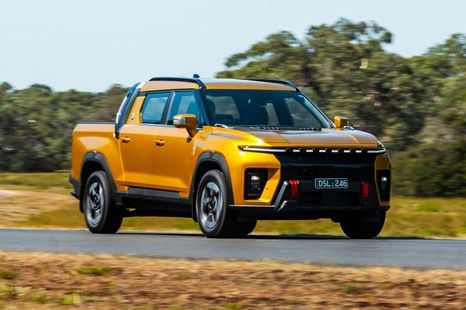

Ben Zachariah
2026 KGM Musso EV review
1 Hour Ago
Li Auto is another new contender in the increasingly crowded Chinese ‘new energy vehicle’ space with its plug-in hybrid One SUV.

Contributor
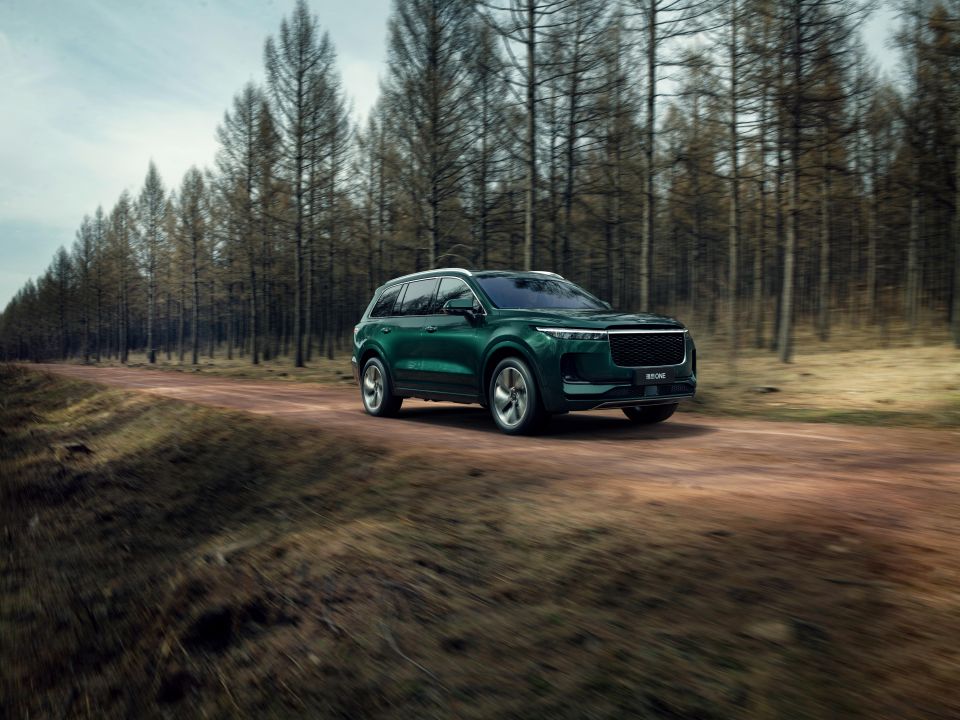

Contributor
The Chinese ‘new energy vehicle’ market – a category comprising plug-in hybrid, fuel-cell and battery-electric vehicles – is booming.
Battery-electric vehicles account for the lion’s share of the wider new energy vehicle market but plug-in hybrids are also seeing significant growth.
With China being the world’s largest car market and home to dozens of brands and car factories, it’s fertile ground for new energy vehicle startups.
Li Auto is one of them, but while startups like Nio and Xpeng have been established as battery-electric vehicle brands, Li Auto is focusing on plug-in hybrids for now.
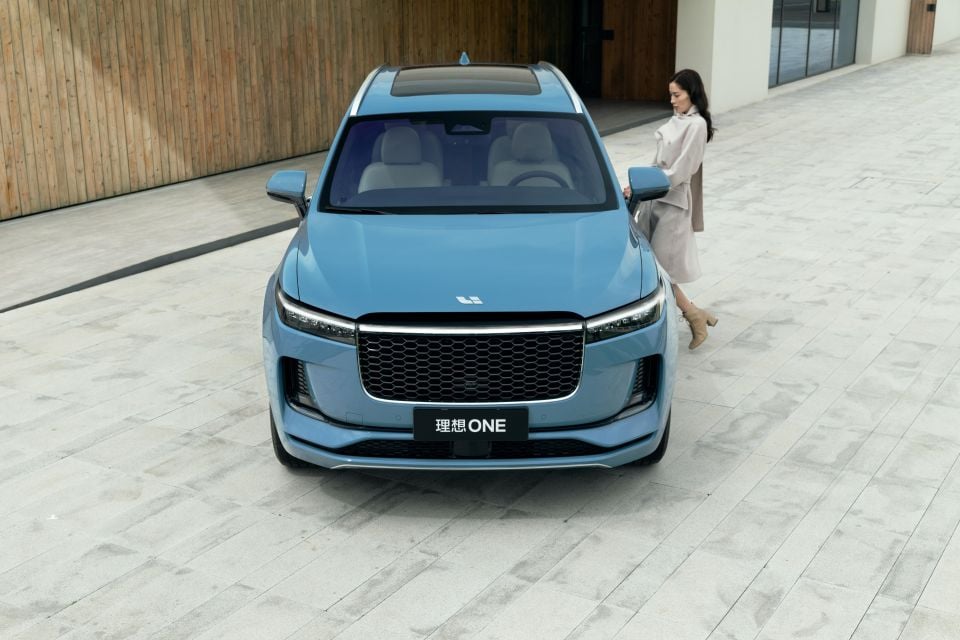
Li Auto borrows its name from founder Li Xiang. Xiang claims that while he was, at best, an average student in class, he found his true hobby away from school: the internet.
Realising the potential to make money from an online business, Xiang founded a website known as PCPop.com in 1999, an online store for various electronics and computing equipment.
After slowly growing and increasing revenue generated from the site, Xiang expanded PCPop to also cover automotive electronics, such as aftermarket stereo receivers and other products, with this section of the website being known as ‘Autohome.’
Autohome was subsequently spun-off as a separate website dedicated to all things cars, and broadened its scope to being not just a place where customers can shop for parts and automotive electronics components, but also where they can search and buy cars themselves.
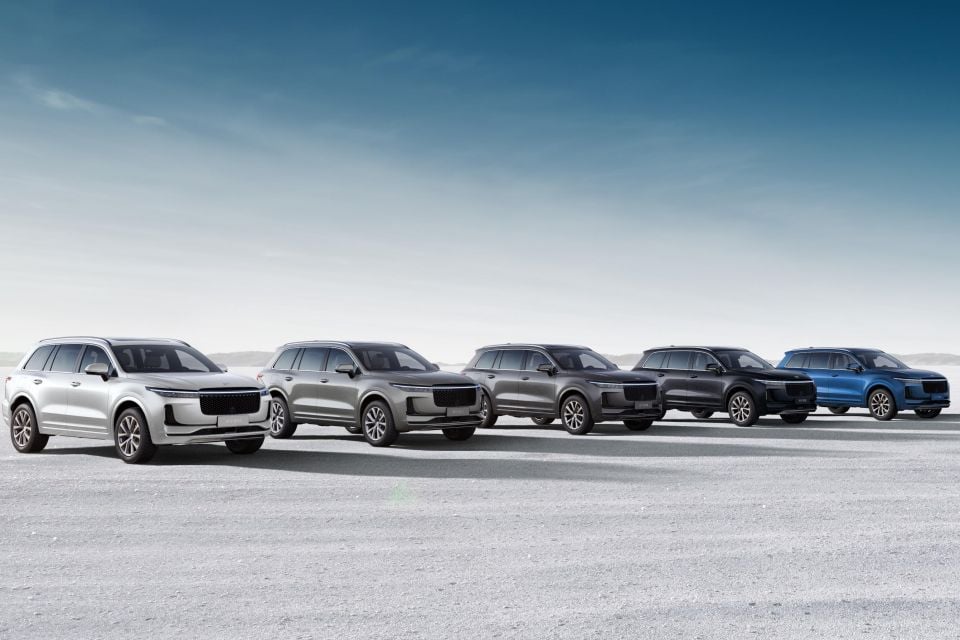
Xiang and his management team were able to grow Autohome rapidly, and combined with the already established presence of the broader PCPop business, captured the attention of investors around the world.
One of these investors was Australian telecommunications giant Telstra, which took control with a 55 per cent equity stake in both businesses, with the consequence that Xiang no longer be involved in running the company or making its big decisions. Telstra subsequently sold Autohome to a Chinese insurance company in 2018.
Rather than selling cars, Xiang decided to try his hand at making his own in 2015. However, rather than the tried and tested Tesla-style approach of making full battery-electric vehicles, initially at a high price and low volume before moving on to cheaper models sold at higher volumes, Xiang decided to try a dual-prong approach.
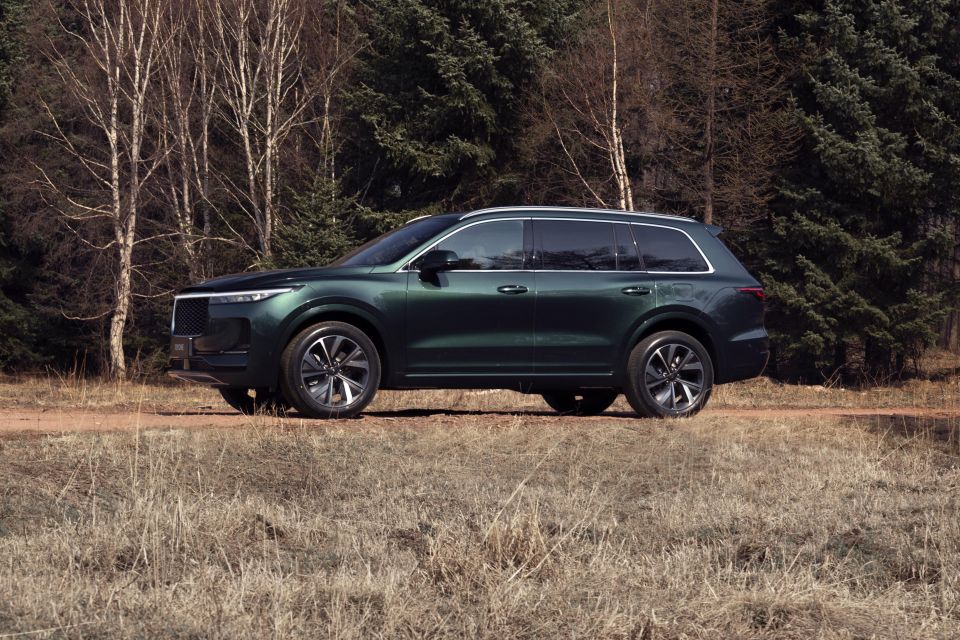
This involved prioritising development of an affordable and compact Renault Twizy-style two-seater ‘low-speed electric vehicle’, perfect for ride-sharing purposes, before launching a much larger SUV practical enough for family use that is also comfortable enough to travel long distances in.
Unfortunately, the Chinese government failed to approve the new category of low-speed electric vehicles, causing Xiang’s initial business strategy to fail, and forcing his fledgling firm to focus on the development and release of the SUV instead.
With the company changing its name from Chehejia Technologies to the more ambitious (and eponymous) Leading Ideal Inc (later shortened and renamed to Li Auto), the production version of this SUV was revealed in April 2019, with deliveries commencing in early 2020.
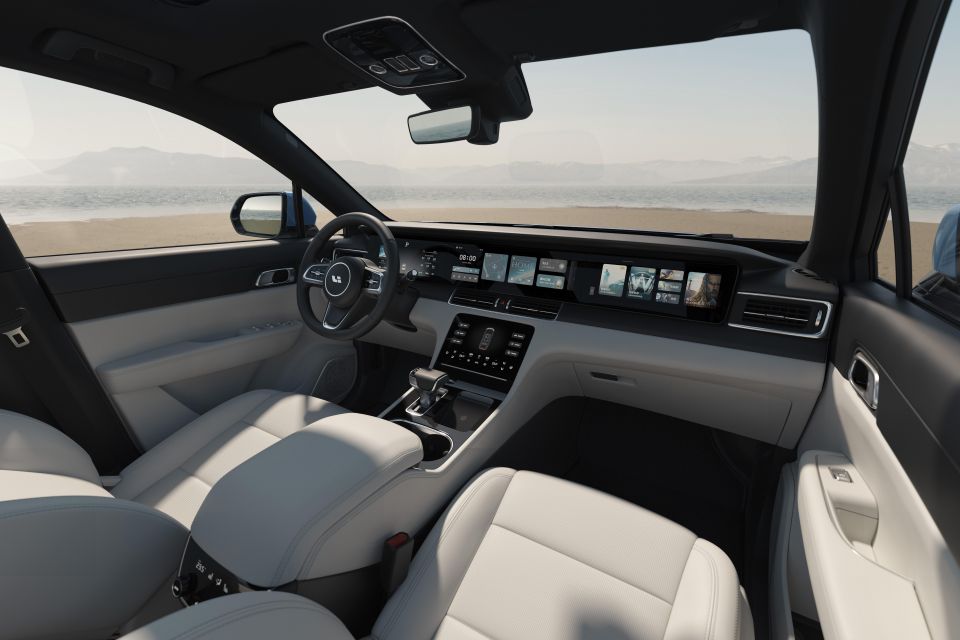
Currently, Li Auto is listed as a public company on the Nasdaq and Hong Kong stock exchanges, and with a market capitalisation of $US29.71 billion, is valued similarly to key domestic competitors Nio and Xpeng. The company’s current market cap notably makes it larger than more established carmakers including Kia, Subaru, Nissan and Renault.
Headquartered in Beijing, the company employs more than 2500 people, and claims to have delivered a total of 90,491 cars in 2021, an increase of 177.4 per cent compared to 2020.
Having established a China-wide retail presence of 206 stores operating in 102 cities, Li Auto is also rapidly expanding its manufacturing capabilities.
While all cars are currently made in the eastern Chinese city of Changzhou in a factory with a purported production capacity of 100,000 cars annually, the company is in the process of building a second factory near its corporate offices in Beijing, and has also announced plans for a third plant in Chongqing.
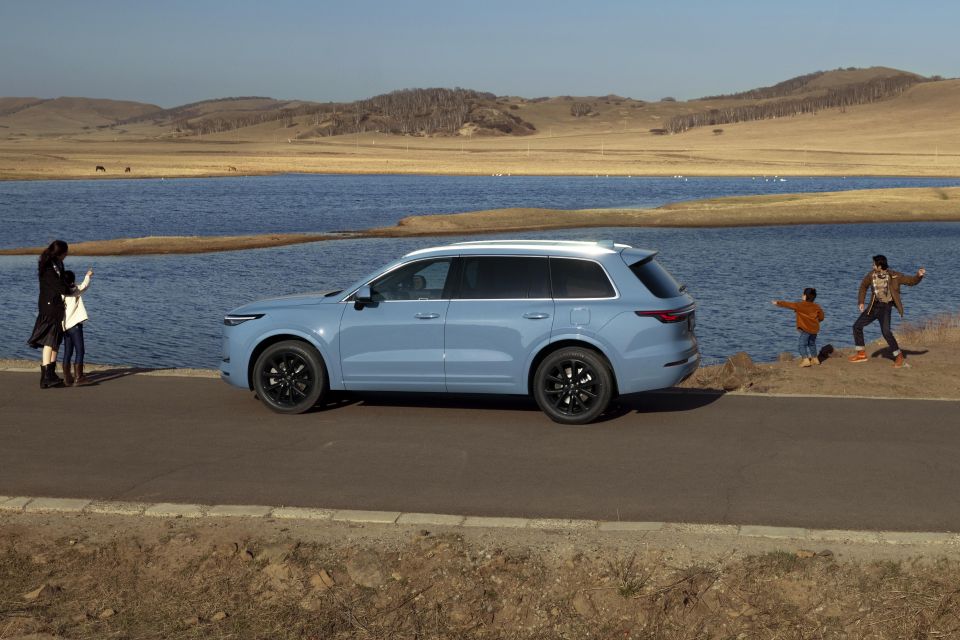
Having commenced mass-production in 2020, Li Auto continues to sell a single model, the Li One SUV.
A six-seat large SUV with a length of 5030mm, comparable in size to the BMW X7 and Mercedes-Benz GLS, the One differs from its local competitors through the fact that it is a plug-in hybrid SUV (PHEV), rather than a full battery-electric SUV.
The One makes use of a large (for a PHEV) 40.5kWh liquid cooled battery pack that is paired with a 1.2-litre turbocharged three-cylinder engine acting as a generator, powering dual electric motors with a total system output of 245kW of power and 455Nm of torque. This gives the One a claimed 0-100km/h time of 6.5 seconds.
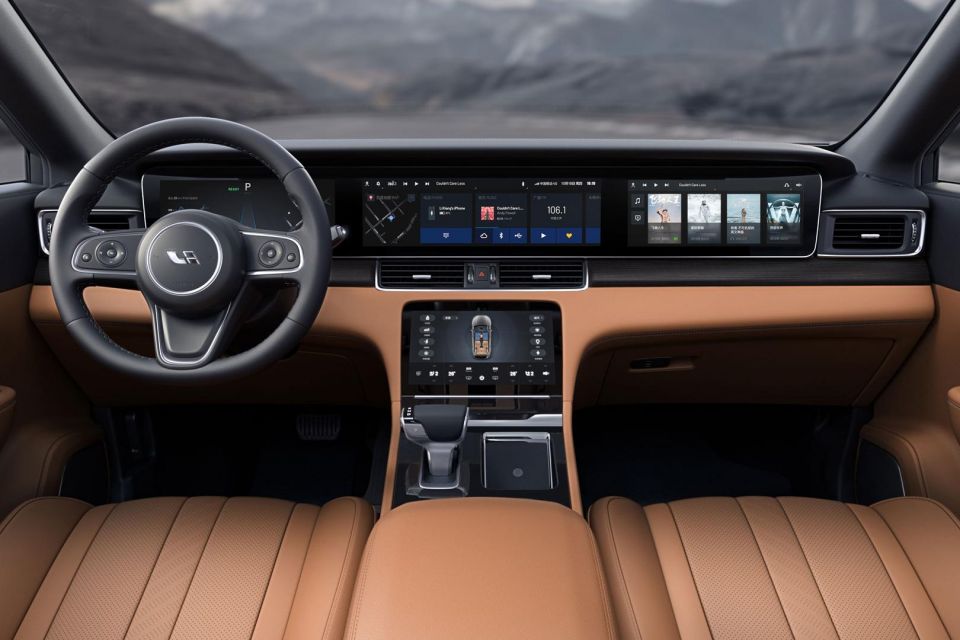
With the engine and batteries working in unison, Li Auto claims a combined driving range of 1080km on the highly optimistic NEDC cycle (with a pure electric driving range of more than 180 km).
Priced from the equivalent of $73,000, the One, as typical of Chinese cars, features a very tech-heavy interior, with the front compartment making use of no less than four infotainment screens, including a digital instrument display ahead of the driver, as well as three other displays to control vehicle settings and enjoy the car’s infotainment system.
Li Auto also claims the One is fitted with a full suite of driving assistance systems, including technologies such as autonomous emergency braking (AEB), adaptive cruise control with lane-keep assist, as well as automatic parking.
The firm claims to be the first carmaker to make use of an automotive-grade 8.0-megapixel camera sensor to control some of these driver assistance systems.
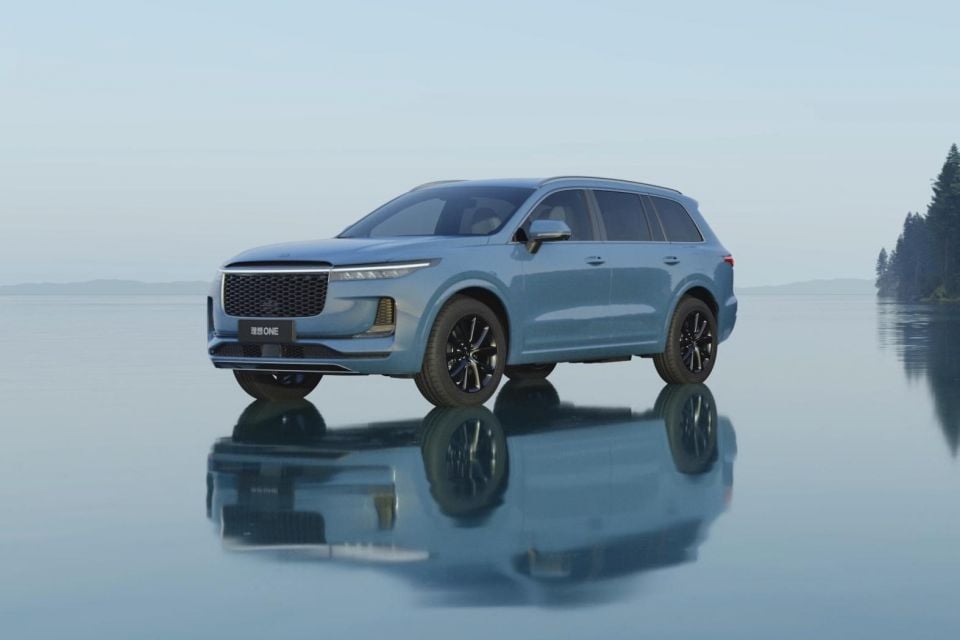
Li Auto doesn’t currently export its One SUV internationally, and apart from vague plans to invest in the creation of a European factory, hasn’t announced any immediate plans to Europe, America or other Asian countries.
As commencing sales in these larger markets is likely to be a priority for any international presence, it’s likely that Australians won’t be seeing Li Auto locally anytime in the near future.
MORE: Brand overview: BYD MORE: Brand overview: China’s Human Horizons, aka HiPhi MORE: Brand overview: Nio MORE: Brand overview: Xpeng


Ben Zachariah
1 Hour Ago


James Wong
1 Hour Ago
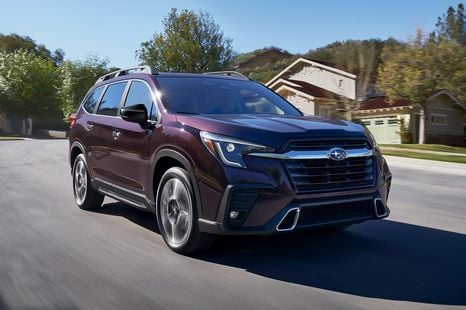

James Wong
1 Hour Ago
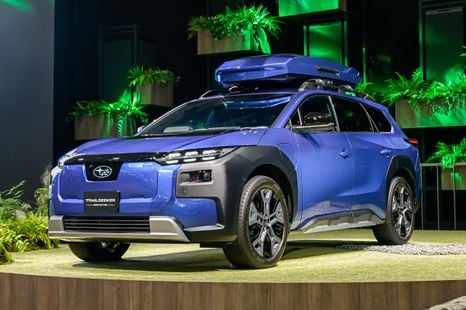

James Wong
1 Hour Ago
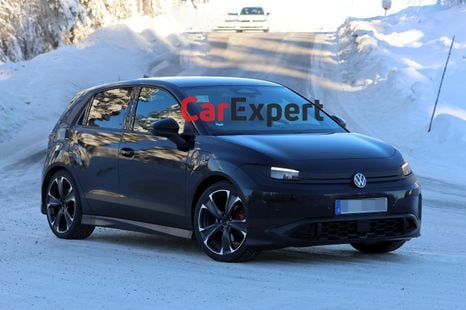

Damion Smy
8 Hours Ago
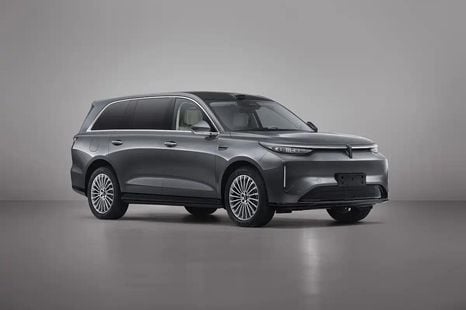

William Stopford
9 Hours Ago
Add CarExpert as a Preferred Source on Google so your search results prioritise writing by actual experts, not AI.